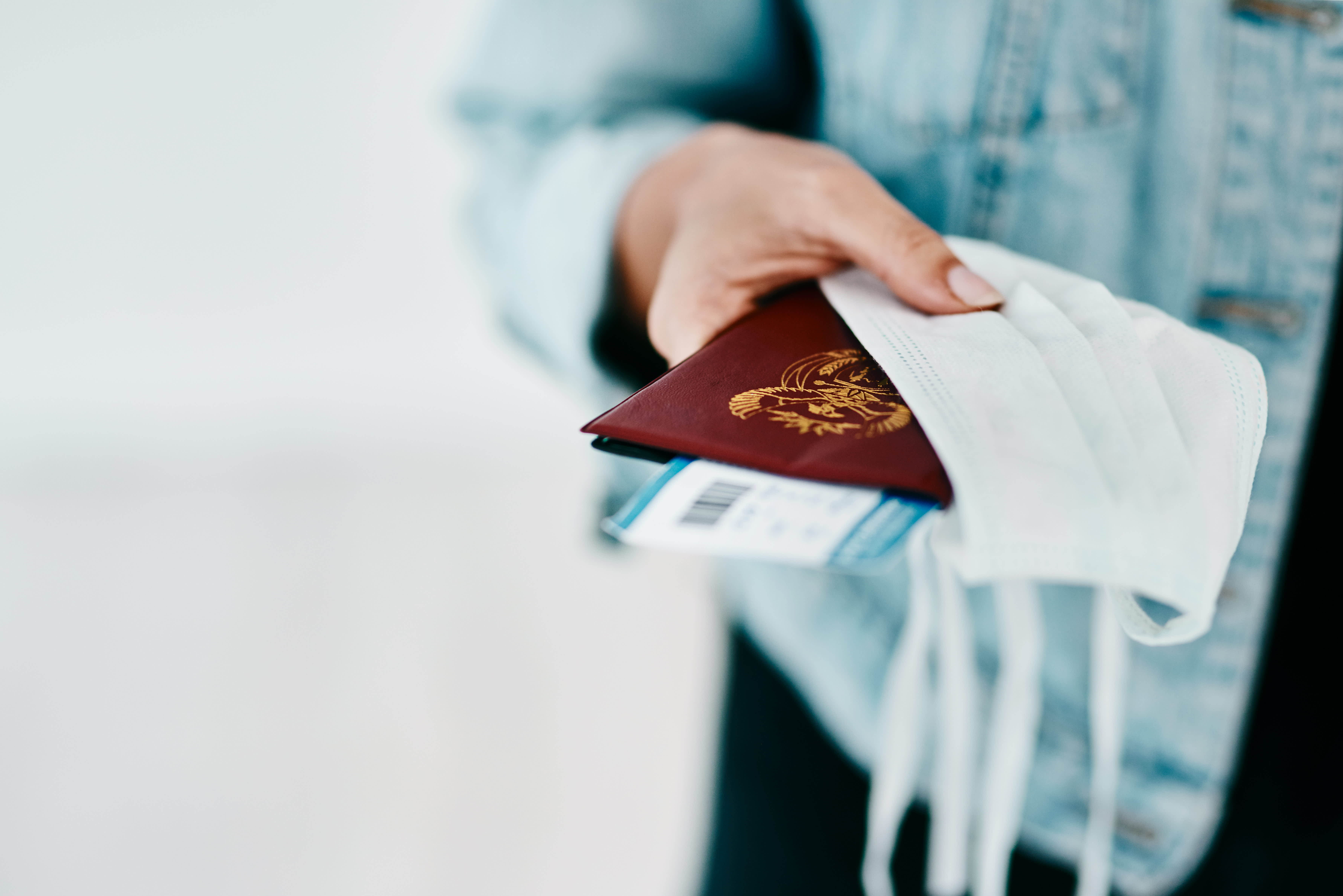
But the notion that immunity passport holders would be able to travel the world carte blanche, going mask-free on airplanes and touring empty museums and amusement parks with no fear of infection, was short-lived.
A report by more than 50 scientists found that of 14 antibody tests on the market, only three provided consistently reliable results (and even those three had issues). .
The FDA states that a single antibody test isn't likely to be sufficiently accurate to be able to tell whether members of the general population have Covid-19 antibodies.
The WHO also cautioned that antibody tests must be able to distinguish between past infections from SARS-CoV-2, the virus that causes Covid-19, and the other set of six human coronaviruses, two of which are MERS and SARS (of which antibodies convey immunity on average for one and two years, respectively).
"If the tests become more reliable, immunity passports may become reality," said Hoffman.
Rather than courting those with positive antibody test results, some are opting for more accurate nose swab molecular tests, also known as PCR tests, which detect active Covid-19 infections.
Notably though, travel is marching on, and the absence of immunity passports doesn't seem to be holding airlines, cruise companies or hotels back.
is piloting a passport program that uses testing and facial biometrics to identify those with Covid-19 antibodies (though the emphasis appears to be on working, not traveling), while Germany decided to seek advice from its national ethics council before using millions of antibody tests it purchased from Swiss pharmaceutical company Roche.
If immunity passports are issued, there may be populations who do not have access to antibody tests or the means to pay for them, said Hoffman.
For immunity passports to work, there have to be enough people who have them to make a meaningful effect on the travel industry
While the countries with the highest Covid-19 infection rates — namely, the United States, Brazil, Russia, Peru, India and parts of western Europe — may have the best reason to create immunity passports, the number of those who have recovered in those countries may not be enough to make the development of a program worthwhile
Countries that have successfully "flattened the curve" — such as Australia, New Zealand, Vietnam, Hong Kong and Taiwan — have even fewer cases, and thus less incentive to create an immunity passport program
Singapore has effectively used antibody tests to trace Covid-19 clusters
Rather than immunity passports, digital "health passports" — which could contain positive antibody test results, recent negative Covid-19 test results and eventually, proof of vaccination — may be a more useful type of travel document to carry in the future
Health passports could alleviate some, but not all, of the problems inherent in immunity passports, though privacy considerations and international cooperation would have to be dealt with to make any health passport program work.Â